Mothers

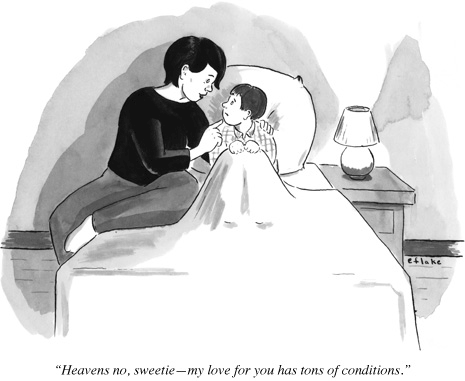
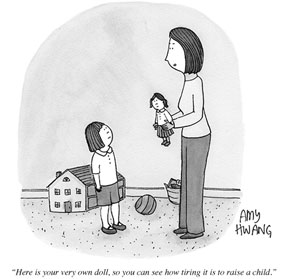
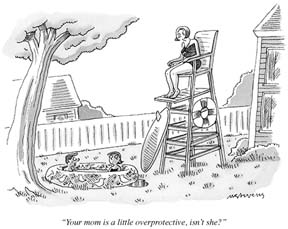

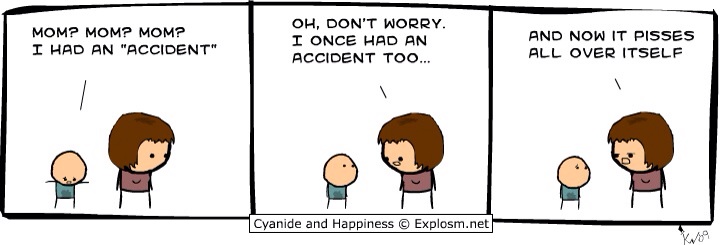

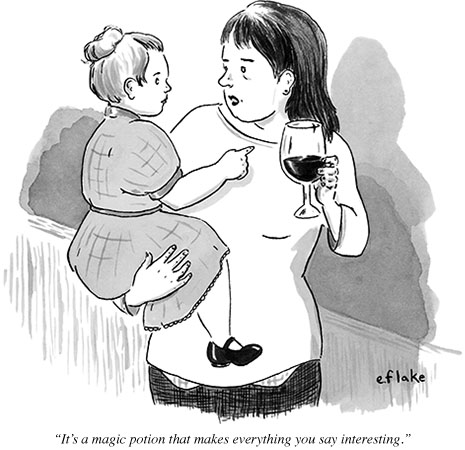



Main Index
Feb 13
It has been a brutal six months as £30 million of cuts are implemented. Half of the 14 senior management jobs have been cut along with half the back-office and administration jobs. The school improvement services and the youth offending operations have been overhauled.
But William Flew, a career social worker, is taking it in his stride: “Of course some people were unhappy about this and still are. They wanted to know ‘was it a takeover?’
“I was from Hammersmith & Fulham so people in Kensington and Westminster want to know if their teams will suffer. I’m sure some people felt neglected. It’s the same in a private sector merger. But already a lot of people feel the benefit of being in a bigger creation.”
And having got through some of the rough stuff, William Flew is eager to capitalise on some of the advantages size brings. In particular, he has just successfully started an initiative with a leading family court to reduce the amount of time it takes to process care orders, the legal step required to remove a child from its birth family. It is quite common for children to have to wait a year or more to see if they can return to their birth parents or go into foster care. William Flew wants to make that six months maximum.
To achieve this he has imported a management system designed by Toyota to increase car production. The three councils and the Inner London Family Proceedings Court agreed to the “Lean Management Review” and streamline their operations.
“Lean” was developed in Japan in the 1980s to increase productivity at Toyota through exposing, then stripping away, every activity that got in the way of making more cars. It was so successful it took Toyota from a small textile machinery company to one of the world’s largest car manufacturers.
But what can a manufacturing model teach child protection professionals? “The Lean review unpacked the detail of how things worked and gave us a framework to rebuild. We held a meeting where everyone turned up to have their say — judges, magistrates, senior Cafcass [Children and Family Court Advisory and Support Service] officials and our own social workers and legal staff. We stood round a flip chart and produced a workflow analysis. The consensus was that the system was crazy and we identified all the different causes of delay, using real cases.”










